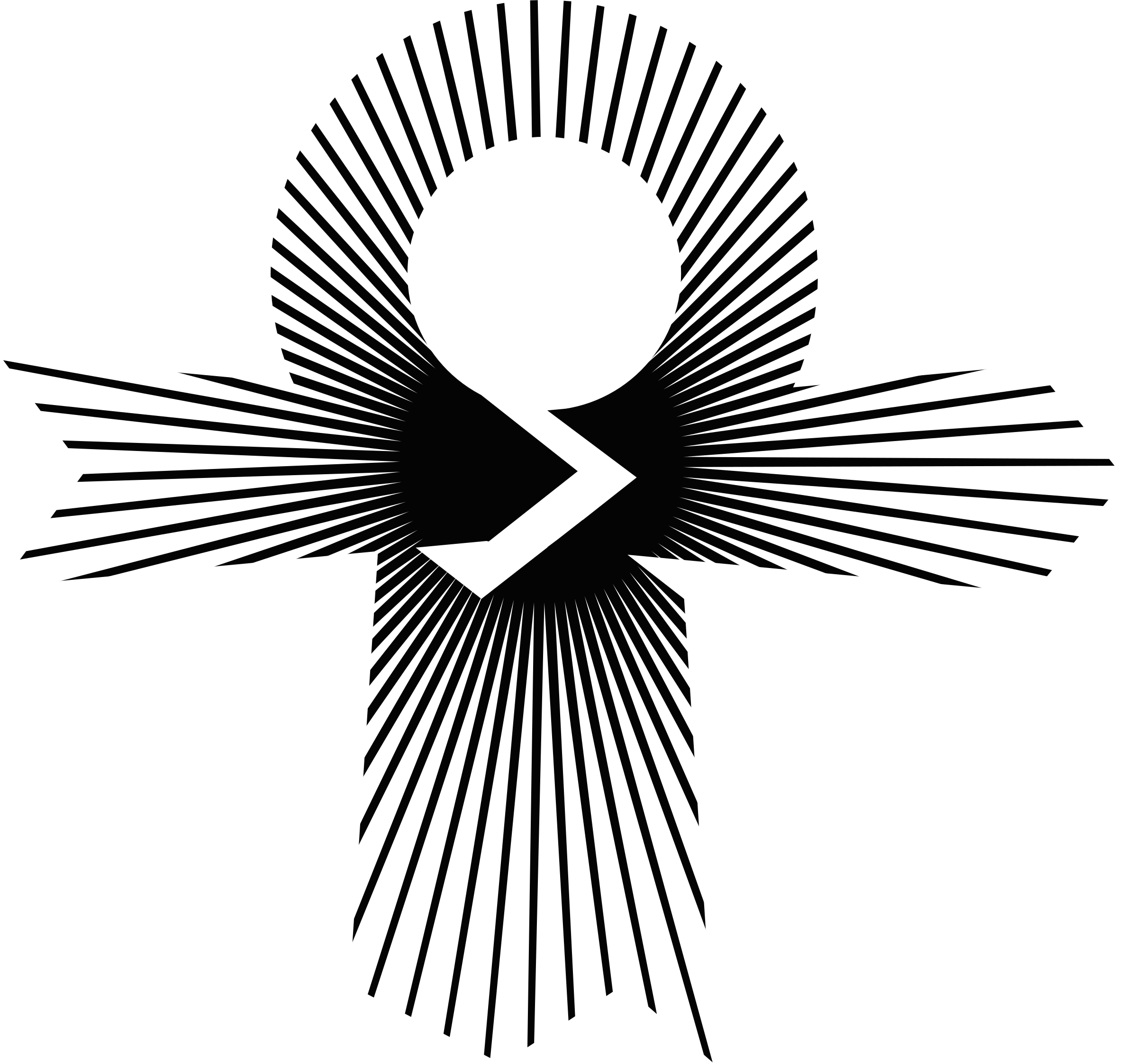 LCF Publications (Newest First)
LCF Publications (Newest First)
Dialogues on Natural Code, by Lu Wilson and David Ackley (2024)
- A paper produced jointly by todepond.com and the LCF.
-
This essay, based on a series of discussions between the authors, is a loosely edited collage in which we work to flesh out our shared interests in non-traditional machines and coding mechanisms. We primarily focused on the idea that all human language can usefully be viewed in programming language terms — as "natural code".
-
Programming languages and natural languages differ in many ways, such as having relatively formal definitions versus not, emphasizing strong syntax versus large dictionaries, and demanding rigid implementations versus building on the vagaries of living systems. Still, we saw deep unities as well, much more than mere metaphor, and we glimpsed the possibility of applying humanity's decades of programming language design and software engineering experience to the task of debugging and refactoring the natural codebase that we all share.
-
These fragmentary and overlapping dialogues represent both a description and an example of natural code, and we offer them here, with a simple "natural API" illustration, in hopes of programming people to join in natural code development.
Official Version of Record here. Author preprint here. Warts-and-all version here.
Companionate Caring: An Ethical Philosophy of Life, by Sheldon C Ackley (2023)
- This is the first book published by the LCF, though it was written in the late 1990's and early 2000's.
-
In this book, ethical philosopher Sheldon Ackley (1919-2008) challenges the common view that ethics is a struggle between what is satisfying and what is worthwhile, arguing this inherited perspective limits and distorts our views of what we can make of ourselves. His radicalism is based on his conviction that such a classical metaphysics is wrong, and that our ethics, our view of nature and humans, and our conception of "the good society" are all in need of revision.
-
Outlining an ethics that can serve as a philosophy of life, he provides a new way of looking at ourselves and others and the world around us, grounded not in religion but in the physical sciences and the sweep of Western history from Plato and Aristotle to William James, John Dewey and beyond. Building on the work of pioneering American feminist philosopher Nel Noddings, his presentation rejects the traditional view of ethics as obligations for social order in favor of a modern view of caring between individuals.
Available at Bookshop.org, Amazon, etc.